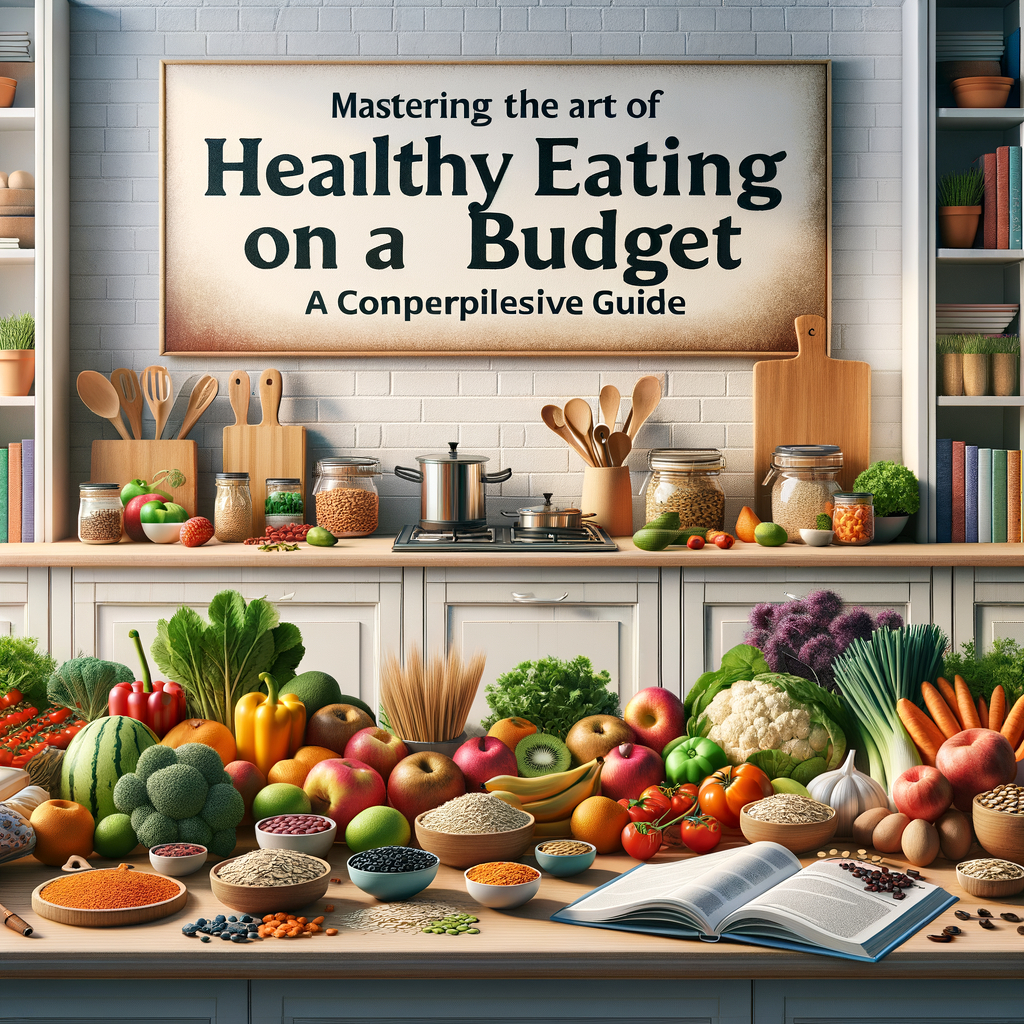Physical Address
304 North Cardinal St.
Dorchester Center, MA 02124
Physical Address
304 North Cardinal St.
Dorchester Center, MA 02124

It is a common misconception that eating healthily is synonymous with spending extravagantly. The truth, however, is far from this. With some planning and smart choices, you can enjoy nutritious meals without breaking your budget. This article aims to provide practical tips for healthy eating on a budget.
The first step towards healthy eating on a budget is meal planning. By knowing what you will eat in advance, you can avoid impulse purchases and make the most out of sales and discounts at your local supermarket. Start by creating a weekly or monthly meal plan that incorporates all food groups to ensure balanced nutrition.
A shopping list goes hand-in-hand with meal planning. It helps you stay focused on buying only what you need and prevents unnecessary spending on tempting but unhealthy foods. Stick to your list when shopping and resist the temptation to deviate from it.
Purchasing food items in bulk often leads to significant savings in the long run. Non-perishable items such as whole grains, beans, lentils, and canned vegetables are ideal for bulk buying since they have a longer shelf life.
Fruits and vegetables are cheaper when they are in season because they are abundant during these periods. They also tend to be fresher and more flavourful compared to their off-season counterparts.
Cooking at home can save you money while giving you control over what goes into your meals—allowing for healthier choices like less sodium and more vegetables.
Whole foods, such as fruits, vegetables, grains, and legumes, are generally cheaper and more nutritious than processed foods. They also tend to be more filling, which can help you avoid overeating and save money on snacks.
If you have the space and time, consider starting a home garden. Growing your own herbs, vegetables or fruits can be cost-effective and rewarding. Plus, it doesn’t get any fresher than picking straight from your garden!
Avoid food waste by freezing leftovers for later use. Not only does this save money, but it also provides ready-made meals for those busy days when cooking isn’t an option.
Eating out can be expensive and often less healthy than homemade meals due to oversized portions and high levels of fat and sodium in restaurant food.
Farmers markets often offer fresh produce at lower prices than supermarkets because they cut out the middleman. Plus, shopping locally supports your community’s economy.